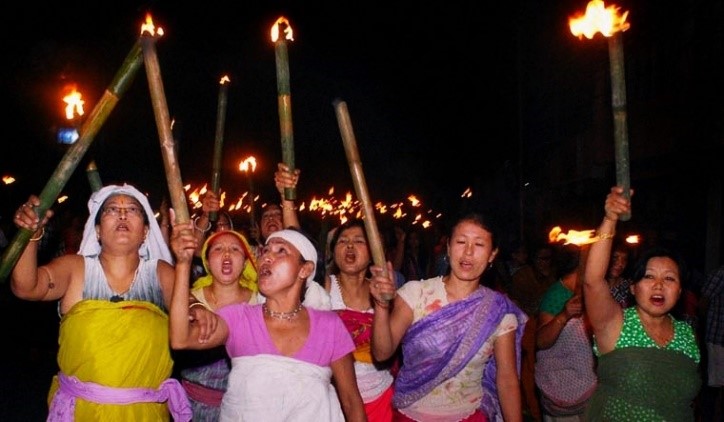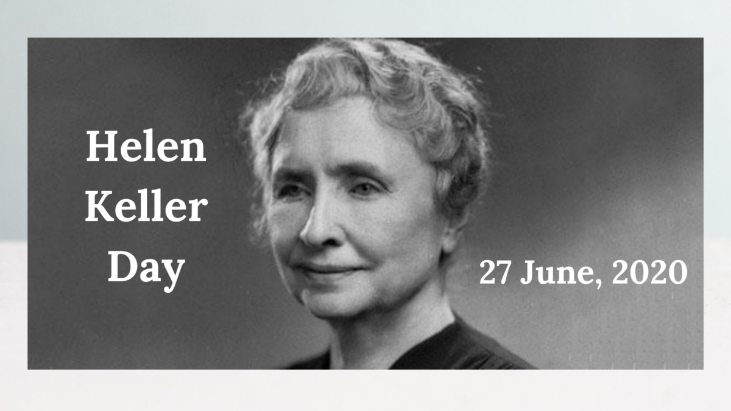Description
Context: Indigenous people call upon the Assam government not to “destroy the tribal communities” of the State by granting Scheduled Tribe status to six non-tribal communities.
- The six communities demanding ST status in Assam are Koch-Rajbongshi, Tai-Ahom, Chutia, Matak, Moran and Tea Tribes.
- “There are communities among the six who have never been considered as tribes by any government or anthropological study and they do not possess any characteristics that tribal people do.
- Hence, the Assam government’s proposed inclusion of some socio-economically advanced and populous communities in the list of STs
- “Some of these communities are identified as Other Backward Classes (OBCs) and there is no provision in law to transport them from OBC to ST.
Concerns
- The move to grant ST status to the six communities, specifically the Koch-Rajbongshi and Tai-Ahom who reigned over large swathes of present-day Assam, Bangladesh and West Bengal during the medieval period is highly opposed.
Reasons
- While the OBC categorisation is based on caste, the STs are totally on a different footing.
- If these communities are included in the list of the STs, the social and educational well-being and political representation from Gram Sabha to the Lok Sabha of the existing STs of Assam shall be affected and the already marginalised STs shall be further marginalized.
- The move to grant ST status to the six communities, specifically the Koch-Rajbongshi and Tai-Ahom who reigned over large swathes of present-day Assam, Bangladesh and West Bengal during the medieval period is highly opposed.
- The tribal groups have been pointing out that granting ST status to the six communities would violate India’s assurances to the United Nations (UN) to obtain free, prior and informed consent of the indigenous people before adopting and implementing any legislative measures that are against the provisions of Article 19 of the UN Declaration on the Rights of the Indigenous Peoples.
UN Declaration on the Rights of the Indigenous Peoples.
- The Declaration on the Rights of Indigenous Peoples is a non-legally-binding resolution passed by the United Nations in 2007.
- It delineates and defines the individual and collective rights of Indigenous peoples, including their ownership rights to cultural and ceremonial expression, identity, language, employment, health, education and other issues.
- India had supported the declaration adopted by the UN’s General Assembly on September 13, 2007.
https://www.thehindu.com/news/national/other-states/st-status-to-non-tribals-will-destroy-tribals/article32798727.ece?homepage=true
https://en.wikipedia.org/wiki/Declaration_on_the_Rights_of_Indigenous_Peoples







